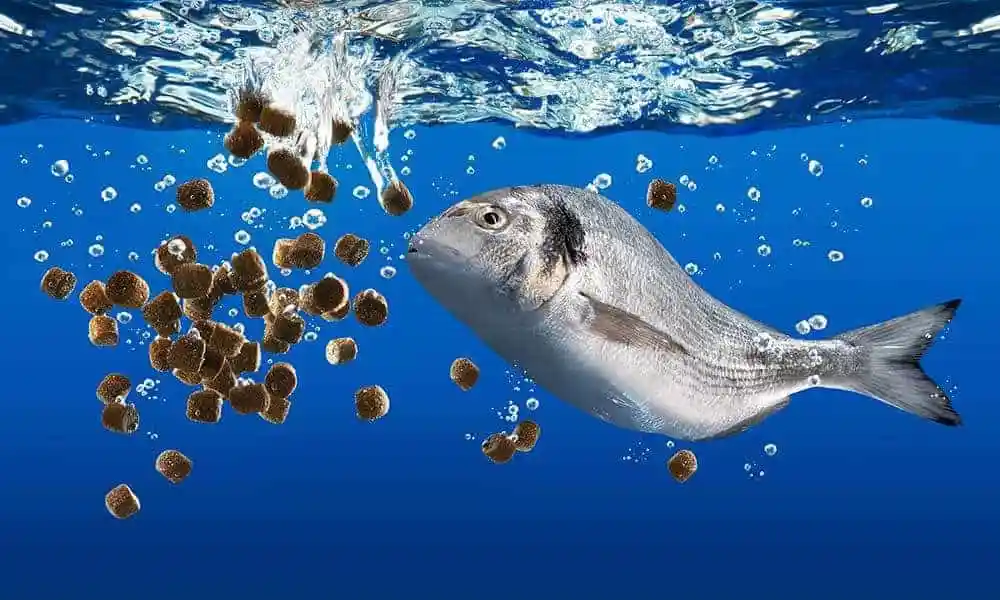UK Researchers to Feed Fish Hemp Seeds in Place of Soy
Researchers at the British company Rare Earth Global are launching an experiment to feed fish hemp seeds. If the tests are successful, hemp could replace soy, which is currently used as fish feed.
Scottish Salmon Enjoys Hemp-Based Feed
The team at Rare Earth Global has already completed the first phase of trials, during which scientists evaluated the nutritional value of hemp seeds on a limited population of Scottish salmon. The results showed that the fish readily consumed the hemp-based feed and were able to digest the plant protein. As a result, the researchers plan to launch a larger study to examine the long-term effects of using hemp seeds as feed in commercial fish farming.
Monica Betancor, Associate Professor at the Institute of Aquaculture, shared the results of the initial testing: “We conducted experiments over two months to see if hemp protein could replace soy protein. The data we collected shows a positive effect from integrating hemp seeds into the salmon diet.”
Scientists will continue to study how well fish digest hemp protein and its impact on growth rates and long-term digestion. The hemp seeds will be sourced from Scottish farmers, and the feed will be produced in partnership with Norwegian seafood company Mowi, which specializes in salmon farming and seafood products.
Government Support for British Hemp Growers
The Rare Earth Global trials are being conducted with financial support from the UK government’s Seafood Innovation Fund, which allocated £260,000 (about $323,000) to the project. The goal is to find a better alternative to imported soy. Officials believe that using hemp seeds as fish feed will not only help with import substitution but also benefit the environment by increasing hemp cultivation.
Government investment in the Rare Earth Global project is part of a broader plan adopted last year. The UK government aims to make industrial hemp a leading crop within the next ten years, with the hemp industry projected to reach an annual turnover of £700 million (about $870 million). In addition to its economic benefits, hemp cultivation is expected to absorb around 1 million tons of carbon dioxide each year.



